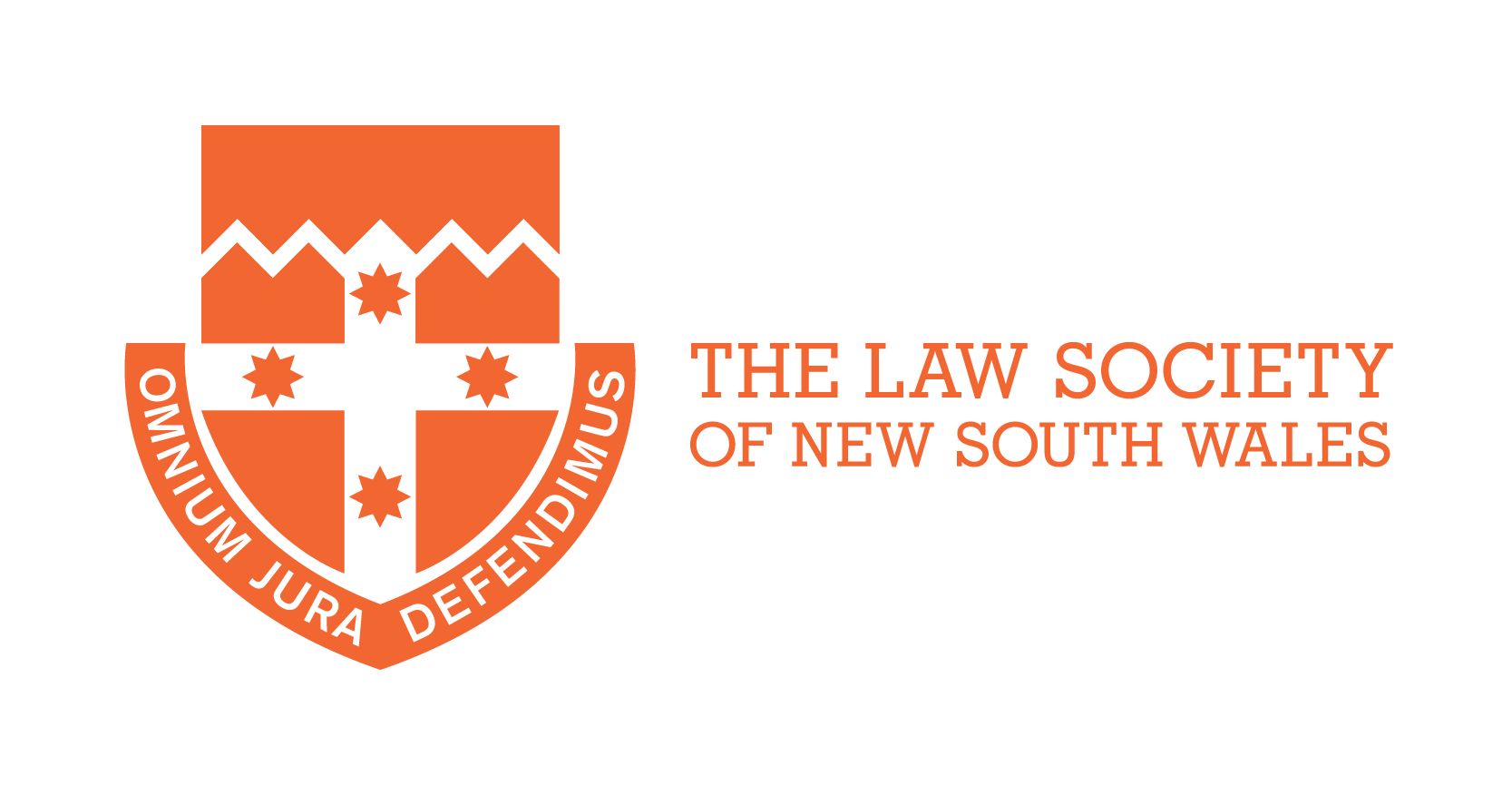

Solicitors’ service a highlight of our latest data
PRESIDENT'S MESSAGE | 8 JULY 2024
Solicitors’ service a highlight of our latest data
Every year, the Law Society of NSW publishes data that tells the story of our growing profession. These Annual Profiles have been crucial to informing our support for the profession and to assist practice leaders to plan for the future.
Last Friday we published the 2023 Annual Profile of Solicitors NSW here and our media release here.
The data is gathered from two sources; our own database of all solicitors, and the voluntary Practising Certificate survey circulated during the annual renewal period.
This latter source has provided the result I found most pleasing. For the second year running, there’s been a two per cent increase in the number of solicitors reporting they’ve engaged in pro bono work in the previous financial year, now at 42 per cent.
The total number of hours reported amounts to 52,000 working days a year. That’s 1,000 days of pro bono a week. Assuming a rate similar to that allowed by the NSW Government for external solicitors, the value of pro bono work reported for FY 2022-23 was $117 million.
Given the voluntary PC survey was completed by one in three solicitors, the pro bono work of the other two thirds isn’t reflected in these results, meaning that potentially, the total pro bono services might be three times higher than indicated.
Last Friday we published the 2023 Annual Profile of Solicitors NSW here and our media release here.
The data is gathered from two sources; our own database of all solicitors, and the voluntary Practising Certificate survey circulated during the annual renewal period.
This latter source has provided the result I found most pleasing. For the second year running, there’s been a two per cent increase in the number of solicitors reporting they’ve engaged in pro bono work in the previous financial year, now at 42 per cent.
The total number of hours reported amounts to 52,000 working days a year. That’s 1,000 days of pro bono a week. Assuming a rate similar to that allowed by the NSW Government for external solicitors, the value of pro bono work reported for FY 2022-23 was $117 million.
Given the voluntary PC survey was completed by one in three solicitors, the pro bono work of the other two thirds isn’t reflected in these results, meaning that potentially, the total pro bono services might be three times higher than indicated.
The commitment of solicitors to the tradition of pro bono speaks volumes about the service our profession provides to the community. There’s no better illustration of why I’ve made this one of my President’s Priorities this year.
The latest Profile features for the first time, data on sexual preference, and whether solicitors are living with a disability, long-term illness or mental health condition.
AI: friend, foe, or both?
Last week, I had the honour of speaking at the Whitlam Institute about another of my President’s Priorities, AI and the Legal Profession. You can read the speech here.
The address included a call to action for governments to encourage and facilitate investment in AI tools for our justice system, given the potential efficiencies the technology can help deliver.
The speech also contained a warning that not enough is being done to ensure that the use of AI and/or automated decision making in government is ethical and consistent with principles of administrative law. Think: Robodebt.
In March this year, the NSW Ombudsman uncovered within our public sector 275 automated decision making processes and found there may be a further 702 such processes. There was scant evidence that any had been legally validated or tested.
It’s up to each of us to ensure we’re sufficiently aware of the implications and indeed benefits of AI to our practices.
I encourage you to join our upcoming live one-hour webinar Fundamentals of GenAI for lawyers next Tuesday, 16 July at noon.
Nick Abrahams, Global Co-Leader, Digital Transformation Practice at Norton Rose Fulbright will help you discover how leveraging these innovative technologies can revolutionise efficiency and effectiveness in legal practice. It’s free for members. Register here.
The speech also contained a warning that not enough is being done to ensure that the use of AI and/or automated decision making in government is ethical and consistent with principles of administrative law. Think: Robodebt.
In March this year, the NSW Ombudsman uncovered within our public sector 275 automated decision making processes and found there may be a further 702 such processes. There was scant evidence that any had been legally validated or tested.
It’s up to each of us to ensure we’re sufficiently aware of the implications and indeed benefits of AI to our practices.
I encourage you to join our upcoming live one-hour webinar Fundamentals of GenAI for lawyers next Tuesday, 16 July at noon.
Nick Abrahams, Global Co-Leader, Digital Transformation Practice at Norton Rose Fulbright will help you discover how leveraging these innovative technologies can revolutionise efficiency and effectiveness in legal practice. It’s free for members. Register here.
Brett McGrath, President, Law Society of NSW






